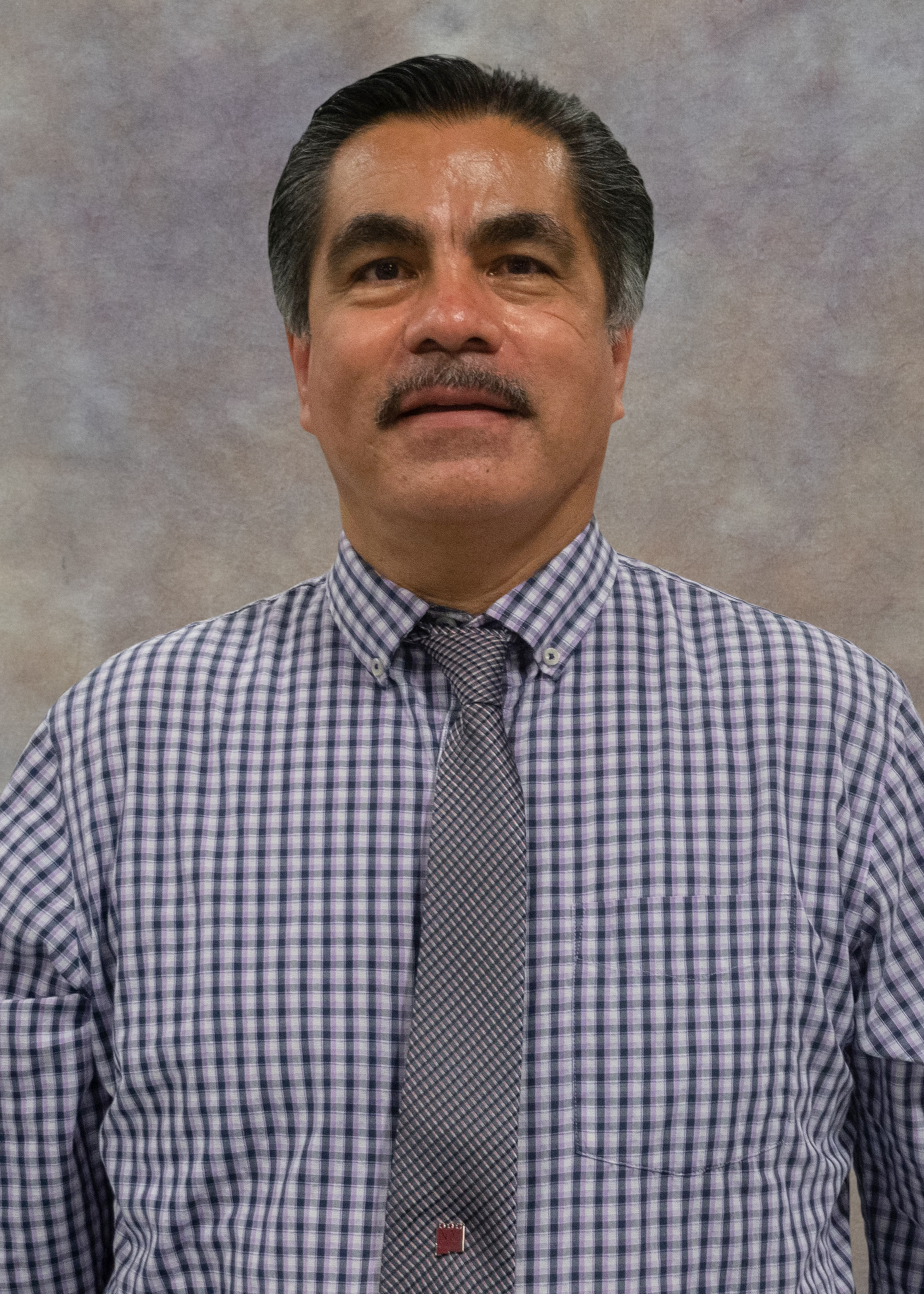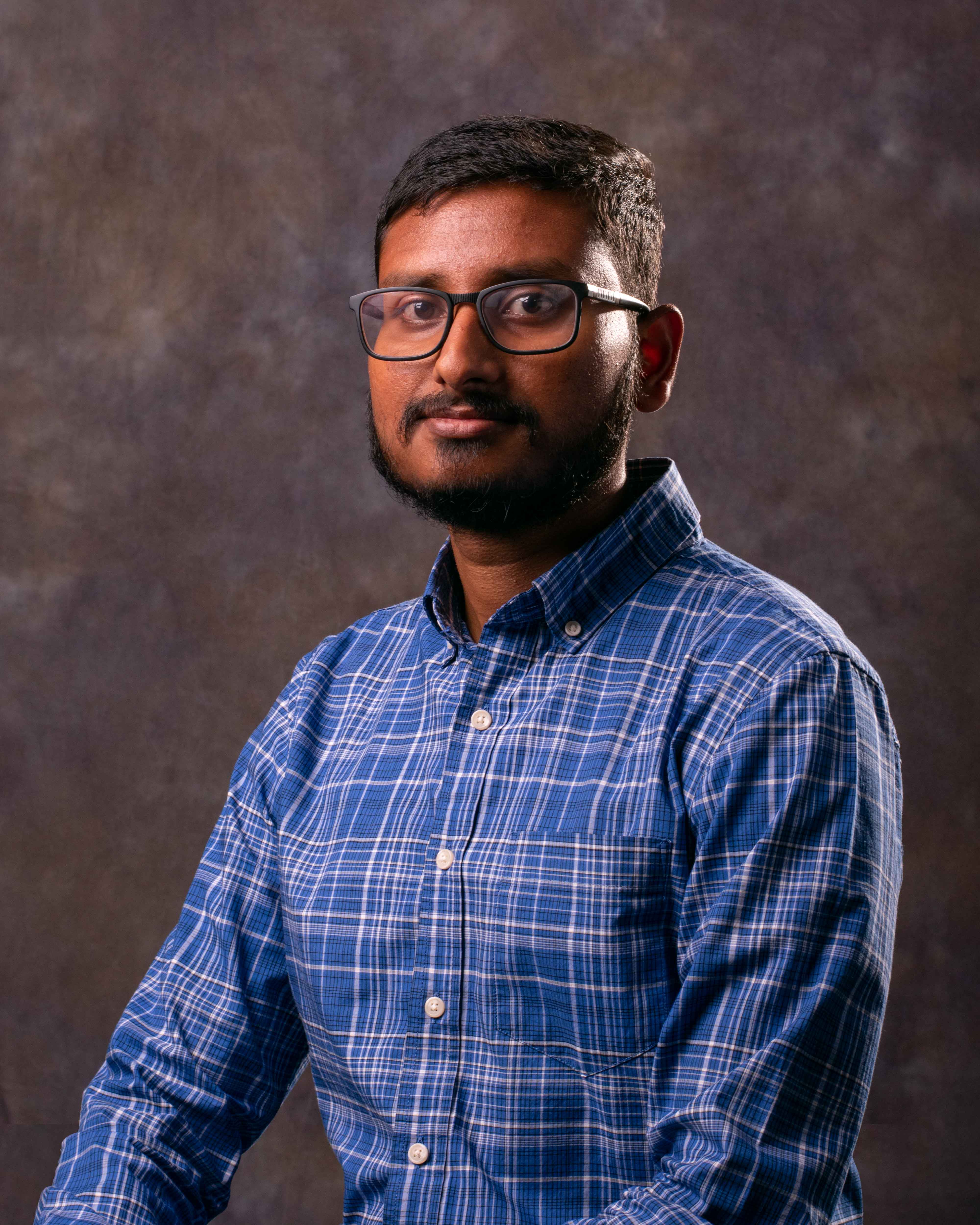

Recent investigations on data-driven interventions employed by the College of Engineering at New Mexico State University have revealed positive impacts on student success. They build upon a century-old tradition of this land-grant institution’s student-centric approach.
The findings are even more poignant due to increased challenge for students pursuing engineering degrees during the COVID-19 pandemic and need for new alternatives to traditional classroom teaching methods.
Studies conducted by Senior Data Analyst Sashidhar Chintalapati and Deans Lakshmi N. Reddi and Gabe Garcia yielded data supporting the use of several strategies that improve student performance and retention: instructor changes in transition and key courses, course sequencing changes and the establishment of learning communities and leadership training. The effectiveness of these strategies was measured with D/W/F grades.
Instructor role is a major factor and the contributions of tutoring programs are largely governed by the instructor’s use of these programs in a strategic manner to help students where help is most needed.
This has been achieved through the Eloy Torrez Family Engineering Learning Communities, opened in spring 2018 with alumni gift. The concept is designed to help students with academic and non-academic help outside the classroom hours. There, students can receive tutoring from peer learning facilitators for math, science and core engineering courses on a free, drop-by basis, five days a week. It also offers student support in identifyingscholarship opportunities and career choices.
Based on the data, improved student performance in foundational courses is best achieved not only by engaging senior instructors with proven records but also by strategic deployment of learning communities outside the classroom with instructors and tutors working together.
Data analyses revealed that even slight changes in the curricular complexity might result in significant improvements in students’ ability to navigate through their curriculum in a timely manner.
The college developed “Introduction to Engineering Mathematics” which includes relevant concepts from Calculus 1 and 2. This new course eliminates a roadblock and allows students to progress in their engineering curriculum, giving them more time to complete Calculus 1 and 2 and achieve better grades.
Chintalapati and Reddi conducted a study, with significant contribution from Dr. Rachel Boren, NMSU director of evaluation and effectiveness and her team, on the effectiveness of the Seidel Engineering Leadership Institute, which integrates cognitive, interpersonal and intrapersonal skills. Also supported by an engineering alum, Ron Seidel, the program takes a different tack from traditional leadership training for engineering students. Now in its fourth year, the two-year program takes small cohorts of students through a series of hands-on opportunities to learn about, practice and apply leadership skills outside of the classroom.
Participants complete pre- and post-program self-assessments of relevant skills, and their attitudes about the engineering profession. Results from these research-based surveys suggest that the leadership institute helps engineering students improve their understanding of relevant skills for successful engineering careers. Findings show promise for smaller, cohort-based programs to positively impact engineering students as they develop important skills and attitudes outside of the classroom and prepare for the field.
Chintalapati and the team presented papers on Teaching/Learning Success at the 2022 World Engineering Education Forum and Global Engineering Deans Council conference in Cape Town, South Africa this past fall. Their presentations attracted interest of other attendants and they are invited to organize and lead a panel on “Usage of Data-Informed Online Technologies for Teaching/Learning Success” this coming June at the University of Évora in the city of Évora, Portugal. The delegation from NMSU will include Dr. Sherry Kollmann, NMSU associate vice chancellor of digital learning. Concurrently, they have been invited to form a panel to present these initiatives to a U.S. audience at the upcoming American Society of Engineering Education conference in Baltimore, also in June.
